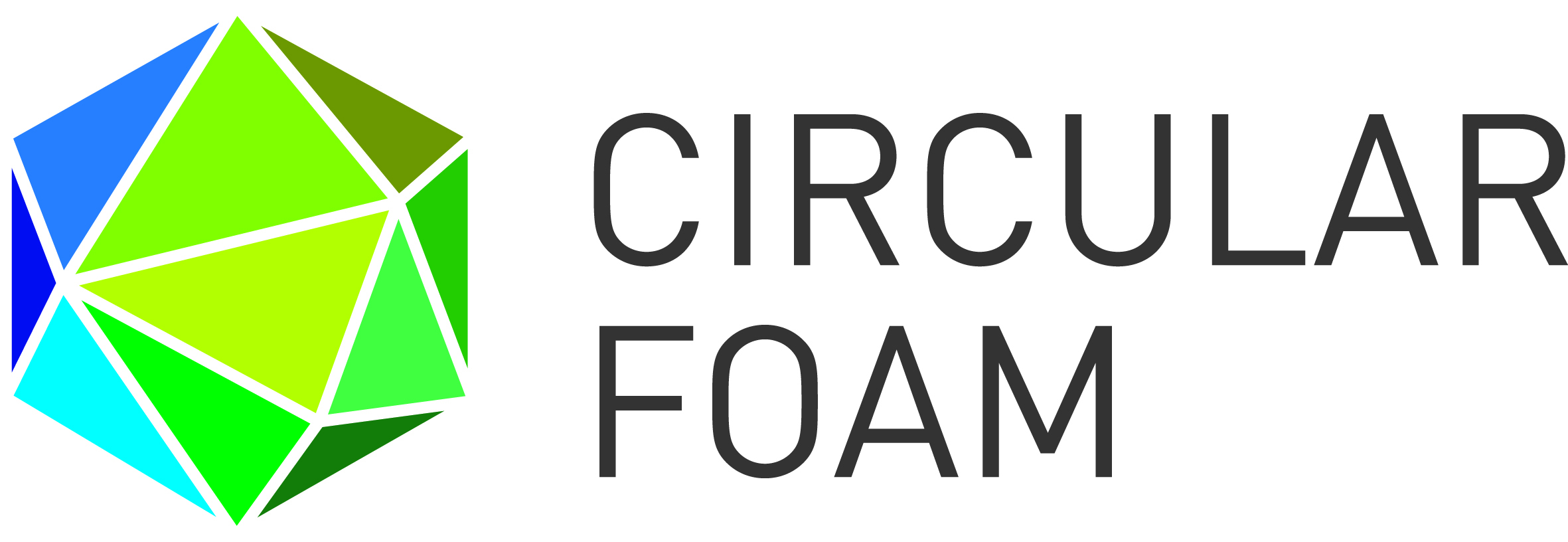Boosting the recycling of high-performance insulation material across Europe
Closing the materials cycle for rigid polyurethane foams: This is the ambitious goal of the new pan-European “CIRCULAR FOAM” project. The EU-funded lighthouse project coordinated by Covestro, a world leading polymer company, brings together 22 partners from 9 countries from industry, academia and society. Within four years, they want to jointly establish a complete circular value chain for raw materials for rigid polyurethane foams used as insulation material in refrigerators and the construction industry. Once implemented across Europe, the system could help to save 1 million tons of waste, 2.9 million tons of CO2 emissions, and 150 million euros in incineration costs annually, starting in 2040.
“To reach climate neutrality, we must drastically reduce greenhouse gas emissions in the construction sector as well as from heating and cooling. This can be achieved by insulating buildings and refrigerators with superior materials such as rigid polyurethane foams. However, there are hardly any closed value creation cycles to properly recycle them, although household appliances are collected at the end of their service life. We want to substantially contribute to a change with the CIRCULAR FOAM project and establish an innovative circular economy model in this field that can easily be rolled out across Europe”, said Dr Markus Steilemann, CEO at CIRCULAR FOAM’s coordinating partner Covestro.
Overall, the CIRCULAR FOAM project aims to bring multiple improvements to the existing material cycle and build a new sustainable circular ecosystem for rigid polyurethane foam: The project will not only focus on the development of two novel chemical recycling routes for end-of-life materials. It will also help set up and demonstrate corresponding logistics and waste collection systems, elaborate on dismantling and sorting solutions, as well as the design of future products and materials for enhanced recyclability.
The project concentrates on the recycling of post-consumer refrigerators and construction waste in several selected model regions. These include the industrial and coal-mining regions “Rheinisches Revier” in North Rhine-Westphalia, Germany and Silesia in Poland, as well as the Greater Amsterdam area in the Netherlands. The case studies will elaborate a blueprint systemic solution with potential of replication in other regions. In this way, the project will also contribute to the Horizon Europe Mission of helping at least 150 regions across Europe to become climate resilient by 2030.
DECHEMA will support the project by improving its visibility through various communication and dissemination activities, including setting up a project website, communicating to various stakeholders on social media and through publications, and developing an image movie for the project, involving several partners. In order to reach out to decision makers, the scientific community and general public, DECHEMA will organize several dissemination events. Furthermore, DECHEMA will support the project partners with the exploitation of their project results.
Partners involved: Covestro Deutschland AG as project coordinator, Interseroh Dienstleistungs-GmbH, REDWAVE, a division of BT-Wolfgang Binder GmbH, Unilin Insulation, Kingspan Research and Developments Limited, Electrolux Italia SPA, Circularise BV, BioBTX BV, Rijksuniversiteit Groningen, Rheinisch-Westfälische Technische Hochschule Aachen, Technische Universität Dortmund, Stichting Hogeschool van Amsterdam, Stichting Nederlandse Wetenschappelijk Onderzoek Insittuten, Uniwersytet Ekonomiczny we Wroclawiu, Eidgenössische Technische Hochschule Zürich, Fraunhofer Gesellschaft zur Förderung der Angew. Forschung, Ruhr-Universität Bochum, Forschungszentrum Jülich GmbH, Gornoslasko-Zaglebiowska Metropolia (METR), Park Naukowo Technologiczny Euro-Centrum sp. z o.o., IZNAB Spolka z Ograniczona Odpowiedzialnoscia and DECHEMA Gesellschaft für Chemische Technik und Biotechnologie e.V.
More information: www.circular-foam.eu
Contact: Katja Wendler, DECHEMA e.V.
This project has received funding from the European Union’s Horizon 2020 research and innovation programme under grant agreement No 101036854
back to overview
© DECHEMA e.V. 1995-2024, Last update 20.06.2024

